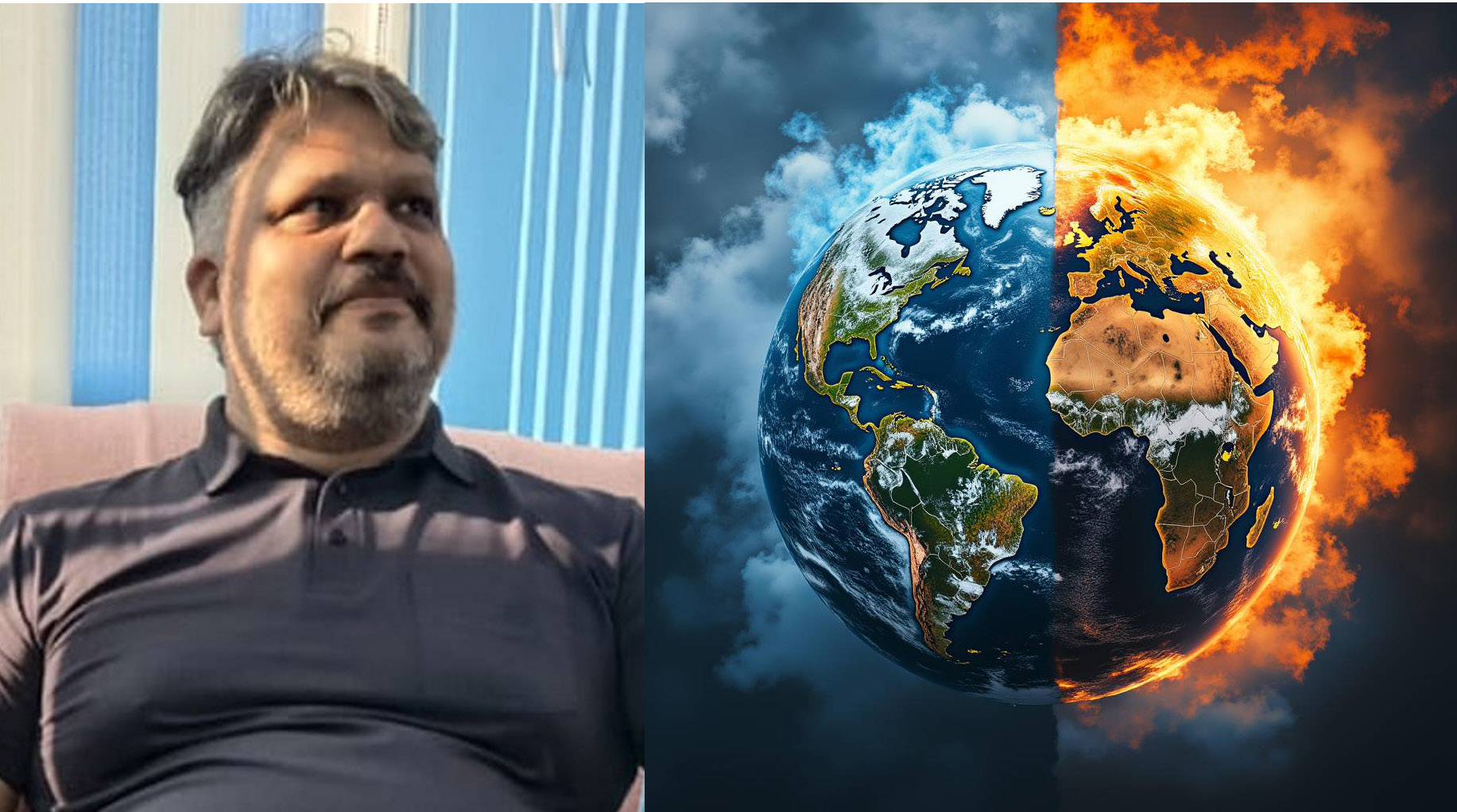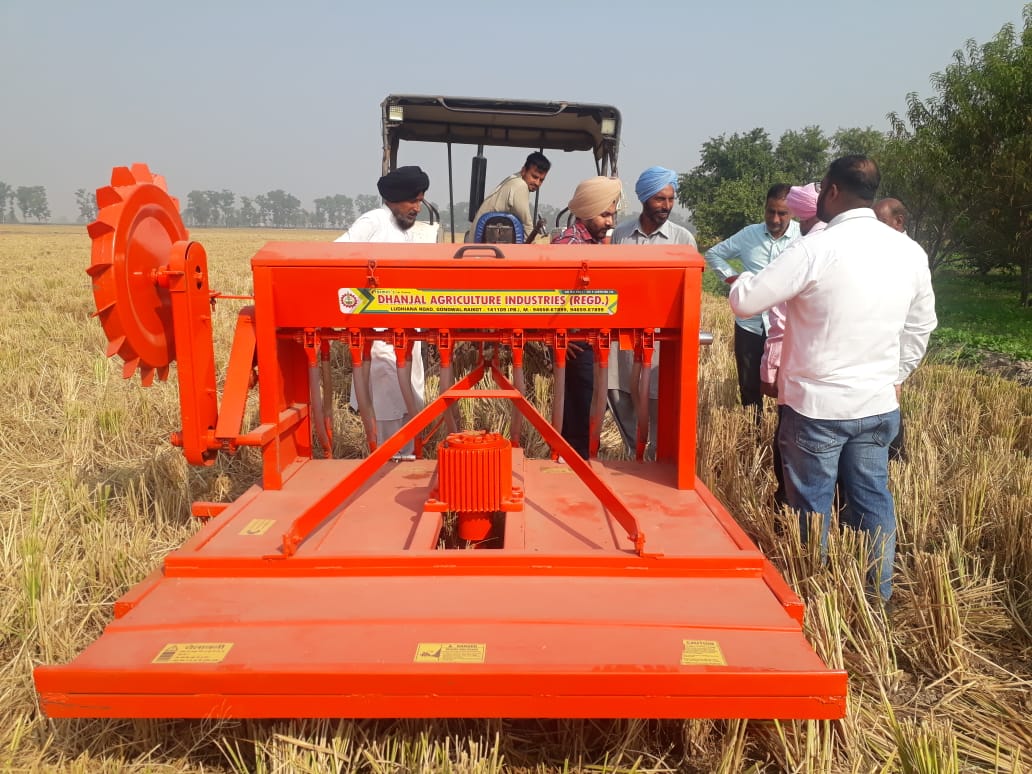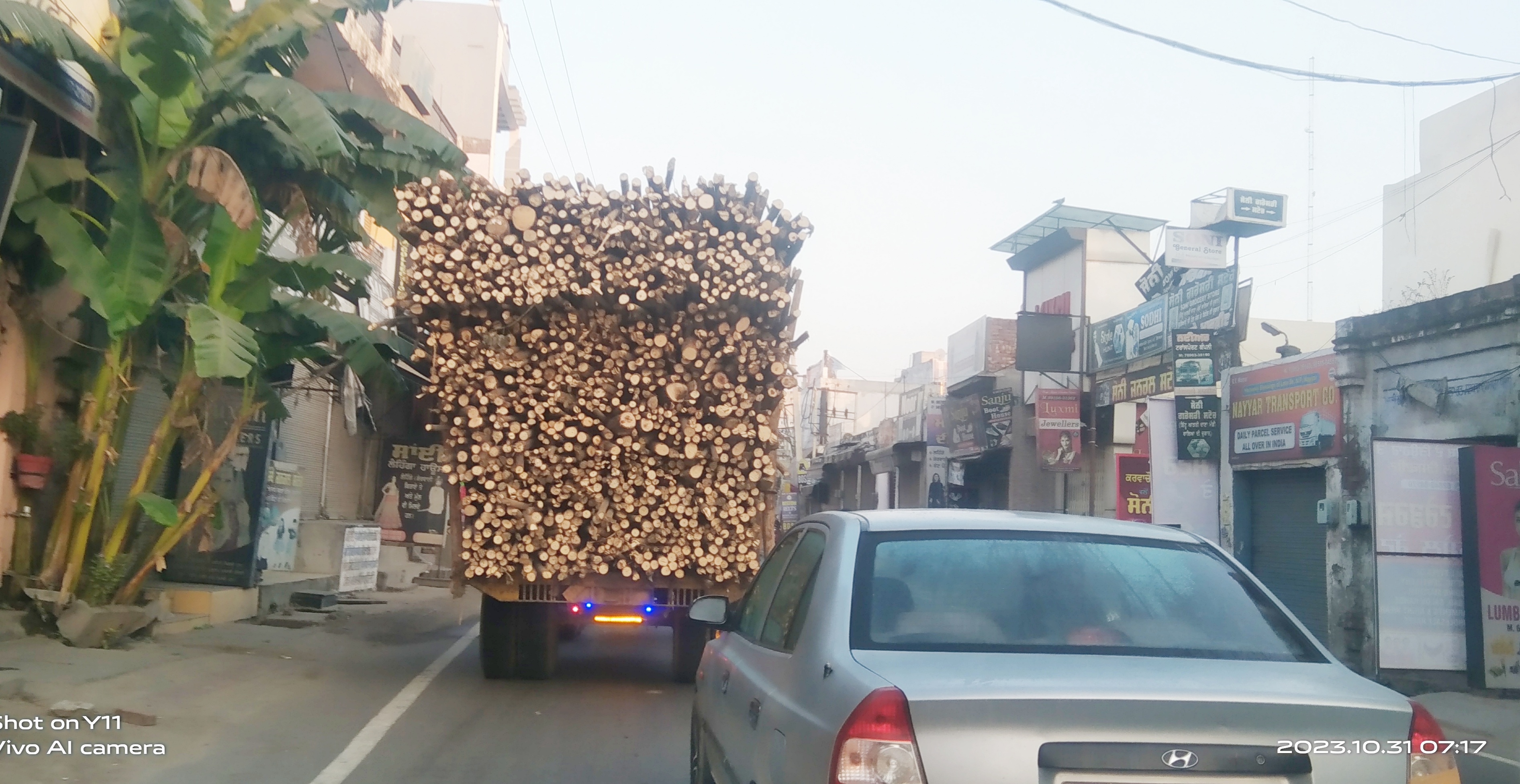
The Alarming Conditions of Changing Climate
Climate change is no longer a distant problem—it’s here, it’s imminent, and it’s affecting everyone. From extreme heat waves to flash floods, these patterns are disrupting our lives in ways we never imagined. This is not an act of nature alone; our actions are deeply intertwined with these changes. Every decision we make has a ripple effect, and now, more than ever, we need to acknowledge this interconnectedness.
Climate change is no longer a distant problem—it’s here, it’s imminent, and it’s affecting everyone. From extreme heat waves to flash floods, these patterns are disrupting our lives in ways we never imagined. This is not an act of nature alone; our actions are deeply intertwined with these changes. Every decision we make has a ripple effect, and now, more than ever, we need to acknowledge this interconnectedness.
The rising global temperatures we are seeing are not random. They are the result of the vast amounts of greenhouse gases released into the atmosphere by human activities such as burning fossil fuels and deforestation. These gases trap heat, disrupt natural weather patterns, and increase climate extremes. While industrial actions play a large role, individual choices also add up. While the practice of burning waste is still being practiced, it is important to consider that the eighty-eight are truly twenty-first century people, not a hundred years behind. We cannot ignore how urbanization has further upset the balance. The unchecked growth of cities has come at the expense of forests, which act as natural carbon sinks. Without them, the balance is disrupted, resulting in erratic rainfall and weather extremes.
Pollution is also woven into the fabric of this crisis. The constant release of pollutants from vehicles, factories, and agriculture has not only altered air quality but has also made it harder for nature to regulate itself. Think of smog-filled skies or acid rain—this is not just an environmental concern, it directly impacts our daily lives.
This crisis is not just about statistics or far-fetched stories, it is about real people. Farmers in Punjab have seen their wheat crop suffer year after year due to adverse weather. Winters have been harsh, and summers have scorched their fields, leaving them scrambling for ways to sustain their livelihoods. These farmers represent the backbone of our food system, and their struggles illustrate how these climatic changes affect us all. When crops fail, it’s not just farmers who suffer, it causes food shortages and price hikes, touching every household.
These climatic disturbances are also eroding the economic fabric of society. Natural disasters destroy infrastructure, disrupt businesses, and uproot communities. The financial toll of rebuilding, along with lost productivity, places a heavy burden on families and governments. These economic shocks are not isolated—they ripple across industries, affecting jobs, investments, and even education.
Unstable weather causes heatstroke in the summer and respiratory illnesses in the winter. The stagnant water left behind by floods becomes a breeding ground for disease, further straining already overburdened healthcare systems. These aren’t just medical statistics—these are stories of families struggling to care for their loved ones despite preventable hardships.
The environment itself is crying out for help. Every loss weakens ecosystems, making them more fragile and less able to support the life that depends on them—including us. It’s easy to feel less connected to these changes when we live in urban areas, but make no mistake, the ripple effects will reach us too.
While the challenges may seem overwhelming, the solutions are within reach. We don’t have to wait for change, it starts with small, everyday actions. Punjab has already started promoting solar energy for agricultural use, proving that local solutions can have a huge impact.
Restoring nature through forests is another powerful step. Community-led afforestation efforts in rural Punjab have shown how collective action can stabilize ecosystems. These are not grand gestures, they are actionable steps that anyone can replicate.
Sustainable agriculture, such as organic methods, is also part of the solution. Training farmers in these techniques not only protects the environment but also ensures food security. These small changes in farming can have a large impact, securing livelihoods.
Education is the foundation of change. By understanding the causes and impacts of climate change, we can make decisions and advocate for strong policies. Awareness empowers us to act, and once we act, we inspire others to do the same. Plant a tree, reduce energy consumption, carpool, or simply educate yourself and others. These steps may seem insignificant on their own, but together, they form a powerful force for change.
Imagine a future where humanity and nature live in harmony, where we not only survive but also thrive. This is not an impossible dream, it is a choice. Let this moment be the beginning of a journey toward a more sustainable world. We owe it to ourselves, to future generations, and to this planet.
We still have time. Let us make choices today that our future selves will thank us for. Together, we can turn the tide, ensuring that this planet remains a vibrant, nurturing home for generations to come.














